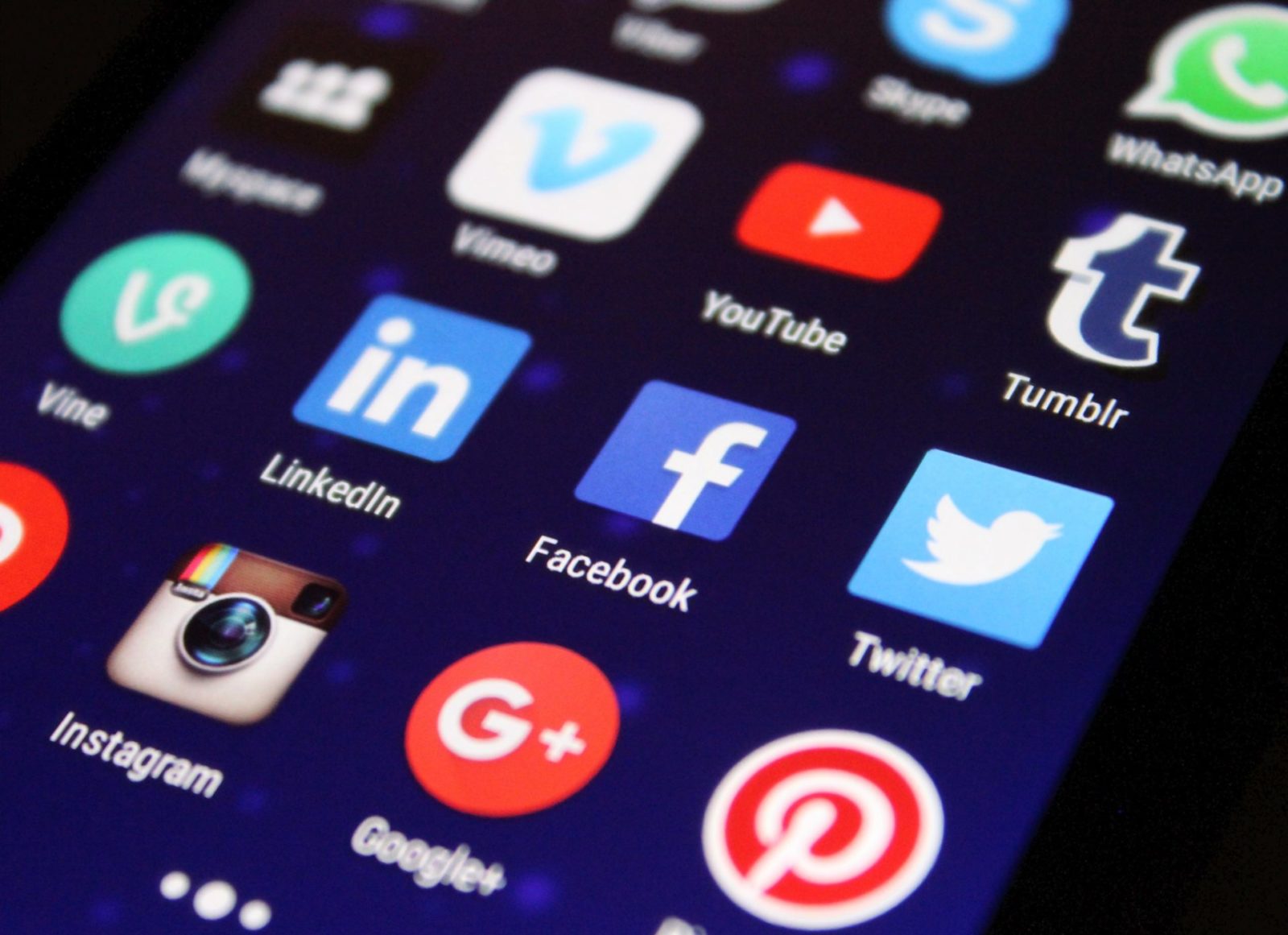Studies have highlighted the health risks of using social media. The challenges of FOMO (fear of missing out), internet addiction, blue light, screen time, replacing in person connection with virtual interactions, sleep deprivation, body image and online bullying have been well documented, but what are the lasting effects on one’s health?
Here are some of the research findings when it comes to social media use:
- Young adults with high social media participation are more likely to develop depression over six months – the statistics are mind boggling, but those using social media for 5 hours a day, compared to 2 hours a day (which still feels like too much), develop depression nearly 3 times as much. This study showed not only a correlation, but a causal link (no chicken or egg dilemma here)
- High users have been demonstrated to have lower self-esteem, lower confidence regarding body image, higher risk-taking behaviour and poorer sleep quality, especially with night-time use
- A Scandinavian study demonstrated “Facebook envy” where non-users were more satisfied in life, potentially as they are focusing on themselves rather than comparing to others and their social media profiles. Study participants reported the more they spent time on social media, the more they believed other people were happier than they were
- It can distort memory, through recording life through taking photos (often trying to take the perfect photo) rather than living an experience
- Social media has been linked to eating disorders, attention deficits, lower school performance and increased suicide risk
Ways to limit social media use include:
- Set timed blue light filters such as Twilight or Darker
- Encourage face to face contact where possible, especially at home as a family
- Educate kids and teens on the dangers of social media – even 1 week of Tik Tok use has been shown to cause a dip in mental health
- Encourage meaningful 1-on-1 relationships through social media e.g. chats, video rather than superficial posts and accumulating “likes”
- Don’t take your phone to bed nor have it nearby; switch off notifications and alerts
- Try a digital detox – 2 weeks without social media
- Fill your day with outdoor activities, a new hobby or sport
- Limit your time on social media, consider linking it to an event e.g. afternoon coffee break
- Delete Apps you don’t use or gain enjoyment from, so it’s less tempting to check them
One study showed that on average, we use our mobile phones 28 times per day, and its often the first thing we touch in the morning when we wake it. Is that healthy? Whilst there are clear benefits from connecting and sharing online, we just need to be cautious of the risks, and especially limit use in kids and at night time.
References:
- https://news.uark.edu/articles/55480/increased-social-media-use-linked-to-developing-depression-research-finds
- https://www.clinicaladvisor.com/home/features/social-media-and-adolescents-what-are-the-health-risks/2/
- https://www.independent.co.uk/life-style/health-and-families/social-media-mental-health-negative-effects-depression-anxiety-addiction-memory-a8307196.html
- https://www.theweek.co.uk/checked-out/90557/is-social-media-bad-for-your-mental-health
- https://www.mayoclinic.org/healthy-lifestyle/tween-and-teen-health/in-depth/teens-and-social-media-use/art-20474437
- https://www.unicef.org/stories/social-media-bad-teens-mental-health
